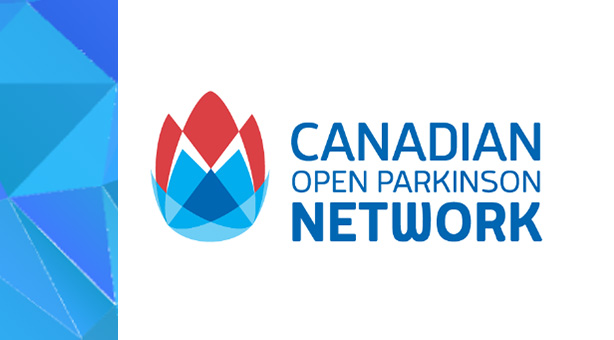
New Research Platform Seeks Parkinson’s Patients in Canada
- On June 23, 2020
Parkinson Canada is inviting patients to join the Canadian Open Parkinson Network (C-OPN) to help advance Parkinson’s disease care and research.
The national research platform seeks to drive more efficient research, accelerate disease understanding, and uncover new treatments for the neurodegenerative disorder. The hope is to facilitate rapid sharing of data and blood samples for large-scale and multidisciplinary research projects.
To speed Parkinson’s investigations, patients across Canada can participate in research, and community partners can invest. C-OPN includes eight movement disorders programs in Canada across the provinces of British Columbia, Ontario, Quebec, and Alberta.
This collaboration and investment enables the creation of three distinct infrastructures, including a national patient registry that links potential research participants to scientists who are conducting research and clinical trials in Canada
Created through a $2 million Brain Canada grant, the C-OPN also establishes a de-identified database that will compile demographic, medical, and cognitive patient information, as well as brain imaging data, to support investigations.
A research biobank for biological specimens also will be created for genetic and other scientific analyses.
“By building a strong interconnected and collaborative network of researchers, physicians, and people living with Parkinson’s, we can work strategically to accelerate advancements in Parkinson’s research and treatment,” Oury Monchi, PhD, clinical research director at the University of Calgary’s Hotchkiss Brain Institute, and C-OPN’s director and principal investigator, said in a press release.
To assure the greatest impact, the initiative needs people with Parkinson’s and Parkinson Plus syndromes, the latter being a group of neurodegenerative diseases that feature classic Parkinson’s symptoms, but with additional features. Interested people can learn more about C-OPN here, and register here.
“It was pretty devastating to receive news that I have Parkinson’s disease,” said Dulcie Webb, who was diagnosed with Parkinson’s in 2016 and is a participant in the Calgary Parkinson Research Initiative. “I thought it was kind of a death sentence. I found out it wasn’t. Now, I’ve come to realize that nobody can take away my Parkinson’s unless these wonderful researchers come up with a cure. Participating in medical research is worthwhile.”
In addition to helping create a national database and biobank, participants will learn more about research opportunities occurring across Canada, and contribute to findings and new outcomes that could change the future of Parkinson’s care and treatment, or that ultimately may lead to a cure.
“Brain Canada has long believed in the importance of open science and data sharing in strengthening Canadian brain research,” said Line Trudeau, chief financial and strategy officer, and interim CEO, Brain Canada. “We consider that research funders have a key role to play in supporting the development of open science policies and data-sharing platforms. We are proud to be a partner of the C-OPN and remain unwavering in our commitment to science without barriers and borders — science that is networked, coordinated, diverse, and inclusive.”
Karen Lee, president and CEO of Parkinson Canada, said a future without Parkinson’s requires “transformative change and unwavering commitment.
“By creating C-OPN with our partners, we are shaping the global state of Parkinson’s research,” Lee said. “Once we understand bigger questions like causes of Parkinson’s, together we can better serve the needs of the Parkinson’s community. A collaboration like C-OPN allows us to reach more people affected by Parkinson’s and accelerate research discoveries that one day will unlock a cure.”
Parkinson’s affects more than 100,000 Canadians.


